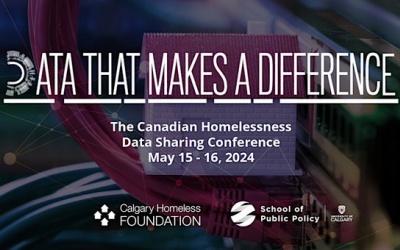Mexico Energy Reform
In December 2013, Mexico implemented changes to its Constitution. These changes were the catalyst for reforming the hydrocarbon sector from a state owned, vertically integrated monopoly to a more open and competitive market.
Fully realizing the potential of Mexico’s Energy Reform requires addressing opportunities and challenges across the entire value chain of Mexico’s oil and natural gas sector. The School of Public Policy has joined with partner Tecnológico de Monterrey School of Government and Public Transformation in Mexico to work on two, five-year multi-disciplinary projects.
Zero Incident Pipeline Project Supports Mexico in Creating a Safer Oil and Gas Transportation System
Illegal tapping of gasoline pipelines in Mexico is a dangerous problem that has left its toll on a country currently reforming its energy sector. Explosions of leaking gasoline have killed hundreds of citizens, while gasoline shortages have led to long lines at the pump in much of the country.
The ERGP is currently working collaboratively with Mexican policy school Tecnológico de Monterrey School of Government and Public Transformation, with the support of Mexican government funding, to find policy solutions to this critical issue. Called Zero Incident Pipelines, the goal is to improve the oil and gas transportation system by ensuring the government has the right tools in place to address the issue—and that people work together to stop this kind of theft.
One year into a five-year project, the first step has been to analyze the existing policy framework and understand the extent of the problem. The team has created a database to capture information about pipeline incidents to understand where, when and why leaks are happening. Using this information, the ERGP brings expertise and experience in the development of policy frameworks to support Mexico in making improvements to their system.
In addition to illegal tapping, Mexico’s pipeline system must manage the technical aspects of pipeline integrity, including preventing corrosion and conducting appropriate maintenance. The ERGP brings Canada’s experience in best practices and practical application of policy and regulatory tools to improve the resiliency of Mexico’s oil and gas transportation system.
The longer-term objective is to create a Decision-Making Centre where stakeholders work together to conduct policy and regulatory analysis, ensuring their framework allows the economic benefit of development while minimizing the environmental and social footprint. The ERGP is proud to provide support to its Mexican colleagues in this important project.
As Mexico reforms its energy sector and invites international oil and gas companies to invest, it is critical that Mexican workers are qualified for new job opportunities. The ERGP is currently working collaboratively with Mexican policy school Tecnológico de Monterrey School of Government and Public Transformation, with the support of Mexican government funding, to advise on how to ensure workers are prepared with the education and certification international companies require.
The first step has been to analyze the demand and supply of the current workforce and identify gaps and opportunities to meet the future labour needs of international companies. The ERGP brings the Canadian experience, as well as information about other jurisdictions’ approaches, so Mexico can make informed decisions about what policy framework will work best for them.
The longer-term objective is to create a Decision-Making Centre where stakeholders work together to ensure people are qualified for the jobs that will be created with energy reform. The Center will use collaborative decision-making processes to analyze changes that academic and training institutions could make to their policies and programs to encourage the development of people, supplies and services needed in the future.
The ERGP also supports its Mexican colleagues with ongoing education in policy development, including its executive certificate course, student exchanges and residencies for Mexican researchers to meet with a variety of Canadian stakeholders to learn first-hand about our system.

